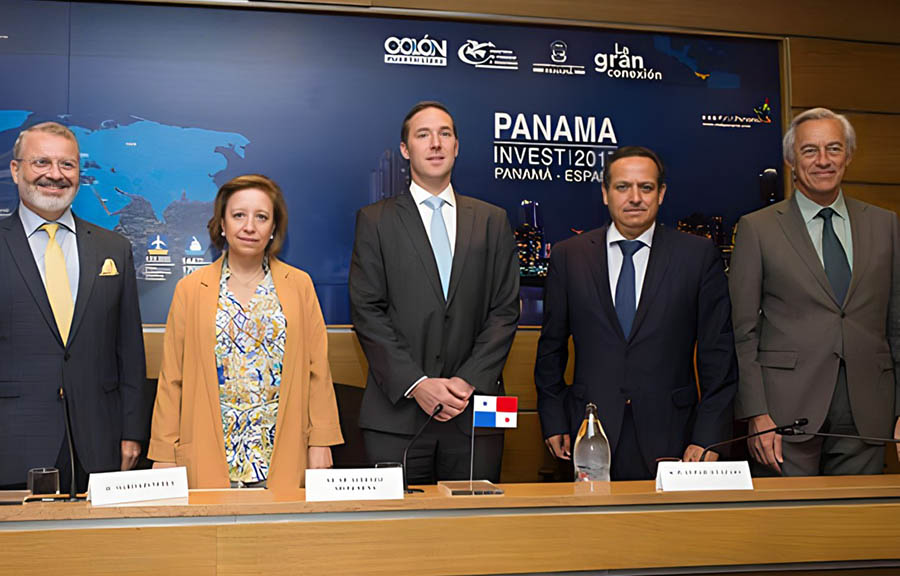Before diving into the business landscape of Panama, it's essential to grasp the advantages and challenges it presents.
Advantages of Business in Panama
- Strategic Hub: Panama's location as the "Crossroads of the Americas" makes it an ideal hub for trade and commerce.
- Thriving Economy: The country boasts consistent economic growth and a stable business environment.
- Tax Benefits: Panama offers tax incentives for certain industries, attracting foreign investment.
- Infrastructure: Panama has modern infrastructure, including the Panama Canal, which facilitates logistics.
- Currency: The U.S. dollar is the official currency, reducing exchange rate risks.
Challenges and Considerations
- Competition: While opportunities abound, competition can be fierce, especially in sectors like finance and logistics.
- Language: Spanish is the official language, so language proficiency is advantageous.
- Bureaucracy: Navigating administrative processes can be time-consuming, and corruption can be a concern.
- Legal Complexity: Adhering to Panamanian laws, especially those related to foreign investment, is essential.
